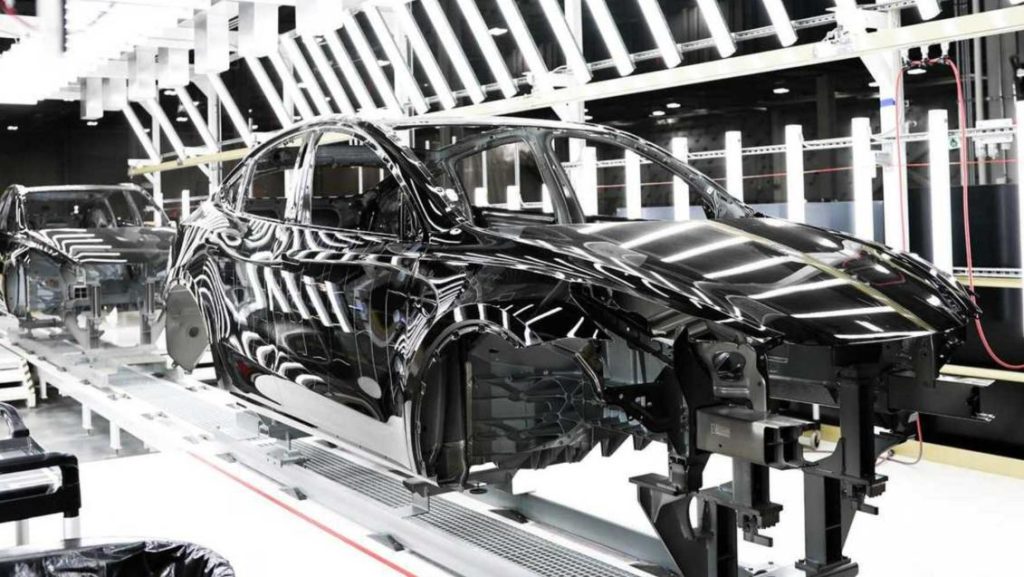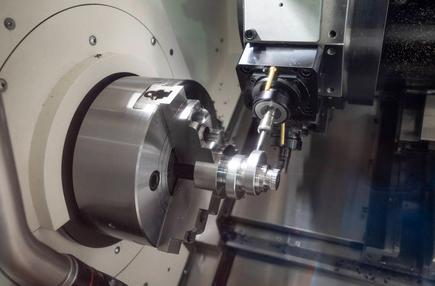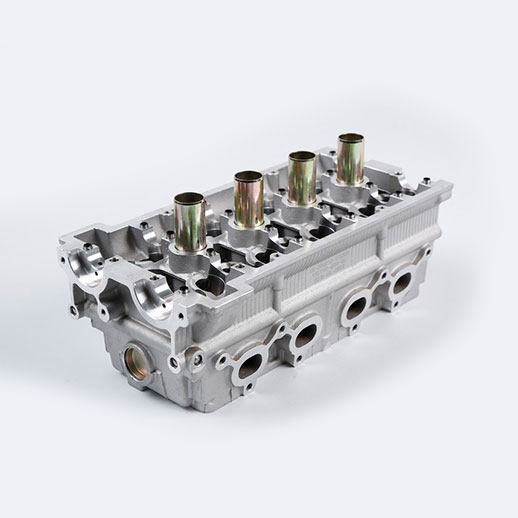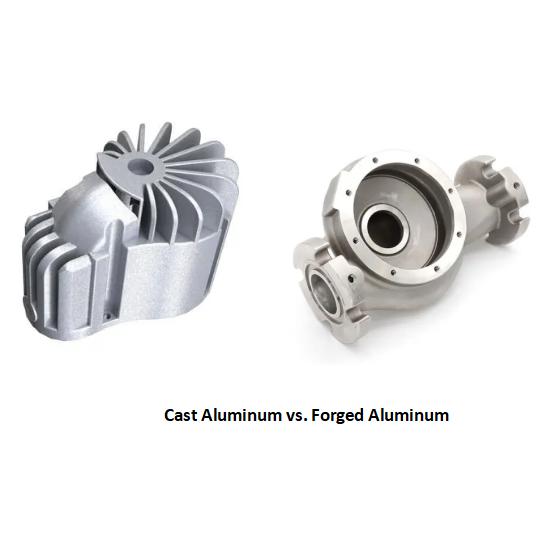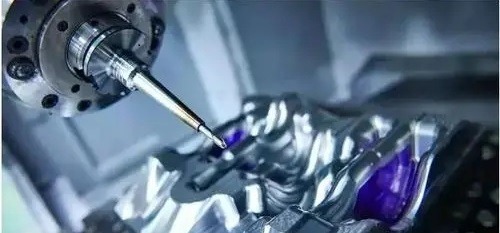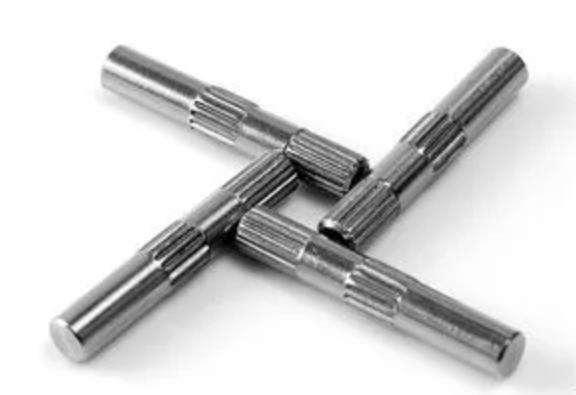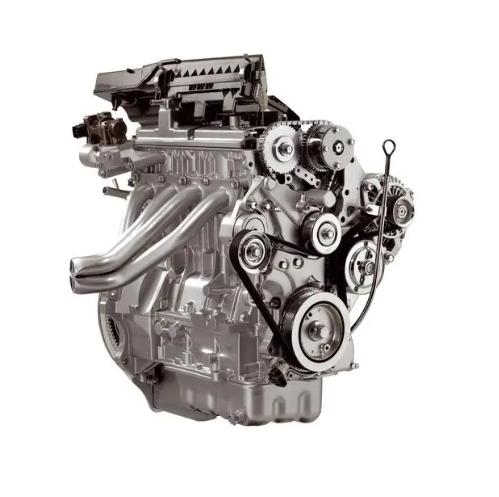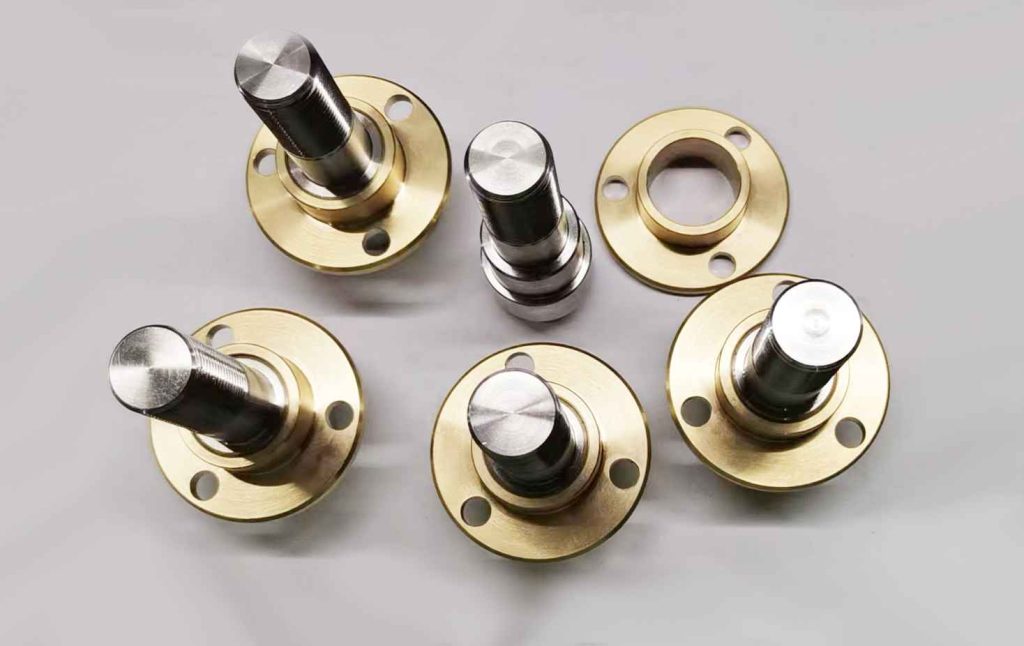As the automotive industry develops towards lightweight, intelligent and electrified, CNC machining technology has become one of the core processes for automotive parts manufacturing due to its high precision, high flexibility and high efficiency. From engine blocks to sensor brackets, CNC machining covers almost all production links of key parts. However, how to choose the most suitable CNC machining solution for different parts requires comprehensive consideration of multiple factors such as precision, materials, surface treatment, production scale and cost optimization. Here we delves into the key aspects that automotive manufacturers must evaluate when choosing an automotive cnc machining services, to ensure successful CNC machining outcomes.
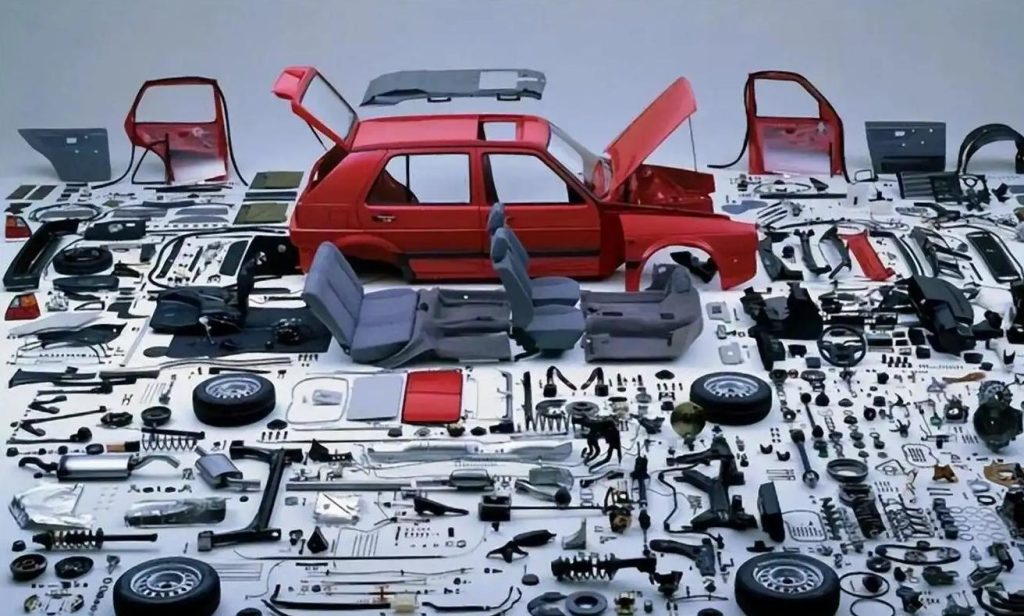
Machining Accuracy and Efficiency
Automotive components demand extremely tight dimensional tolerances and surface quality, which directly impact vehicle performance and safety.
Dimensional Tolerance and Surface Finish Requirements
Automotive parts require tight dimensional tolerances and impeccable surface finishes to ensure functionality and aesthetics. For instance, engine components like pistons and cylinder heads must meet tolerances as small as ±0.005 mm to ensure smooth operation and minimize wear. Similarly, surface finish requirements such as Ra (Roughness Average) values below 0.8 µm are often essential for critical components.
Machines for Complex Parts Processing
High-precision CNC machines equipped with advanced controls and sensors are ideal for achieving these standards. CNC machines with high spindle speeds, tool changers, and adaptive control systems allow manufacturers to handle these challenges effectively. Multiaxis CNC systems, such as 5-axis machines, excel in producing complex geometries with minimal manual intervention, enhancing both accuracy and efficiency. Automated solutions, including robotics, can further streamline production by reducing downtime and increasing throughput.
Equipment selection must align with part complexity and precision needs. Multi-axis systems and smart inspection technologies are critical for enhancing quality and throughput.
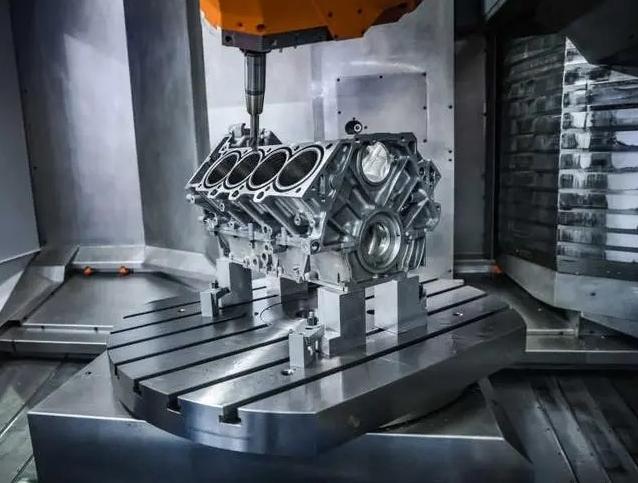
Material Selection and Performance Adaptation
The choice of material significantly impacts the performance, durability, and cost of automotive parts. CNC machining can work with a wide range of materials, each with unique properties.
Application scenarios of different materials and their corresponding advantages and challenges:
| Material | Application Scenarios | Advantages | Challenges |
| Aluminum Alloys (6061, 7075) | Engine blocks, suspension components, chassis parts | Lightweight, good machinability, corrosion resistance | Lower strength compared to steel, thermal expansion |
| Steel Alloys (4140, 4340) | Gears, shafts, connecting rods, high-stress components | High strength, wear resistance, durability | Higher density, difficult machinability, potential for corrosion |
| Titanium Alloys (Ti-6Al-4V) | High-performance engine parts, aerospace-derived components | High strength-to-weight ratio, excellent corrosion resistance, high temperature resistance | High cost, difficult machinability, potential for work hardening |
| Plastics (ABS, PEEK) | Interior trims, lightweight components, prototyping | Lightweight, chemical resistance, design flexibility | Lower strength and temperature resistance, potential for dimensional instability |
| Composites (Carbon Fiber) | Body panels, structural components | Very high strength to weight ratio, design flexibility. | High cost, complex machining, delamination risk. |
Material selection requires trade-offs between performance and machining costs. Exotic alloys demand tailored processes.
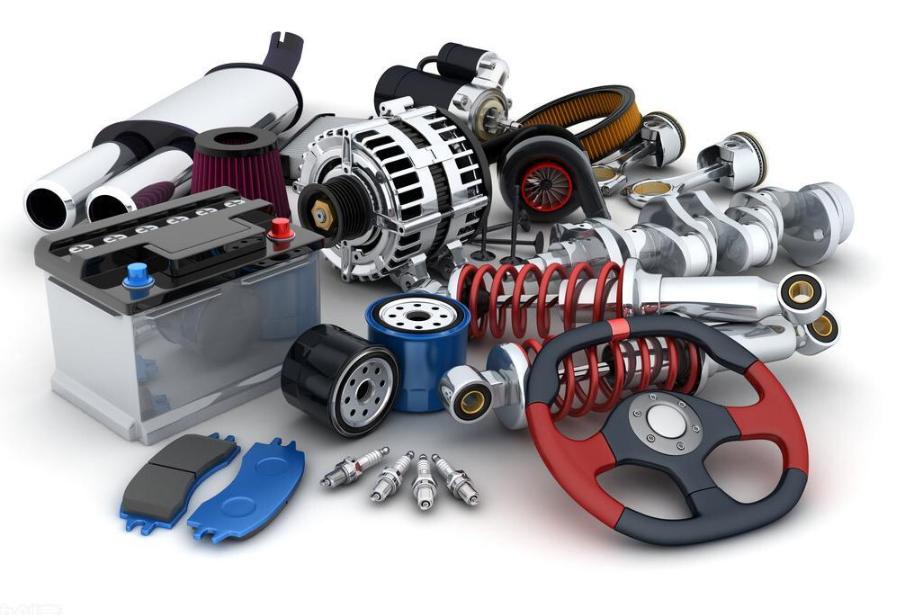
Surface Treatment Technologies
Surface treatments enhance the performance and longevity of automotive parts. Techniques such as anodizing, plating, and coating are commonly employed to provide corrosion resistance, wear protection, and aesthetic appeal.
- Anodizing: Often used for aluminum parts, anodizing improves corrosion resistance and allows for dyeing parts in different colors.
- Plating: Chrome or nickel plating is widely used for aesthetic and protective purposes, especially in parts exposed to harsh environments.
- Powder Coating: Offers a durable and visually appealing finish, commonly applied to exterior components like wheels.
- Heat Treatment: Critical for steel parts to enhance hardness and strength, ensuring durability under high stress.
Selecting the appropriate surface treatment depends on the material, environmental exposure, and performance expectations of the automotive part. High-precision parts require processes that avoid dimensional changes.
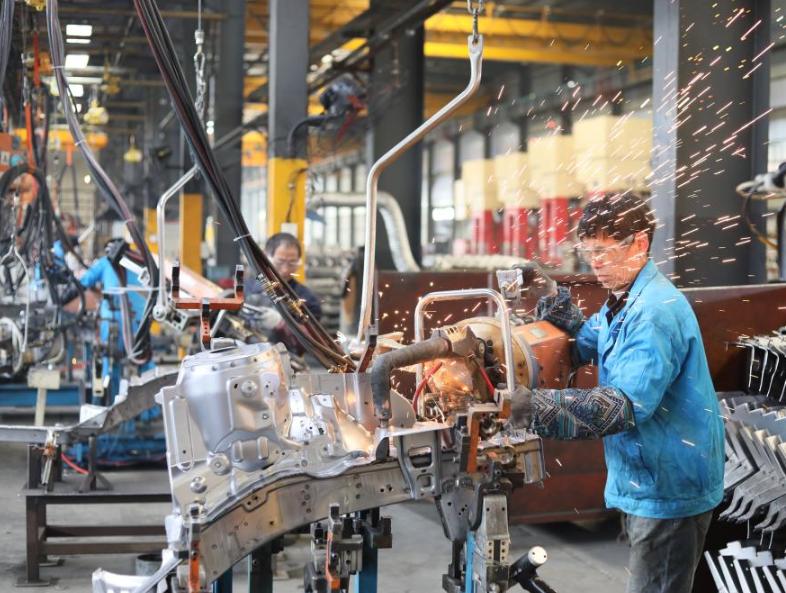
Production Quantity and Degree of Customization
CNC machining adapts to both small-batch prototyping and mass production.
- Small Batches (<500 units): Flexible fixtures and quick tool changes enable rapid prototyping.
- Mass Production (>100k units): Dedicated lines with robotic loading achieve cycle times of 30 seconds/part.
For custom parts, CNC machining offers the flexibility to create unique designs with high precision. For example, custom performance parts for racing cars or prototype components for new vehicle designs can be efficiently produced using CNC machining.
Small batches rely on machine flexibility, while mass production prioritizes automation and standardization. Understanding production demands and customization requirements helps manufacturers leverage CNC machining’s capabilities effectively.
Cost Control and Process Optimization
Cost control and process optimization are essential for achieving competitive pricing and maintaining profitability in CNC machining for automotive parts. The following aspects are crucial:
Material Utilization
Efficient material utilization minimizes waste and reduces costs significantly. Techniques such as:
- Nesting Optimization: Arranging parts efficiently on raw material sheets to maximize usage.
- Scrap Reduction: Implementing precise programming to ensure minimal material removal beyond design requirements.
- Material Recycling: Collecting and reusing scrap material whenever possible to offset raw material expenses.
For instance, adopting software tools for nesting can improve material usage by up to 20%, leading to substantial savings in large-scale production.
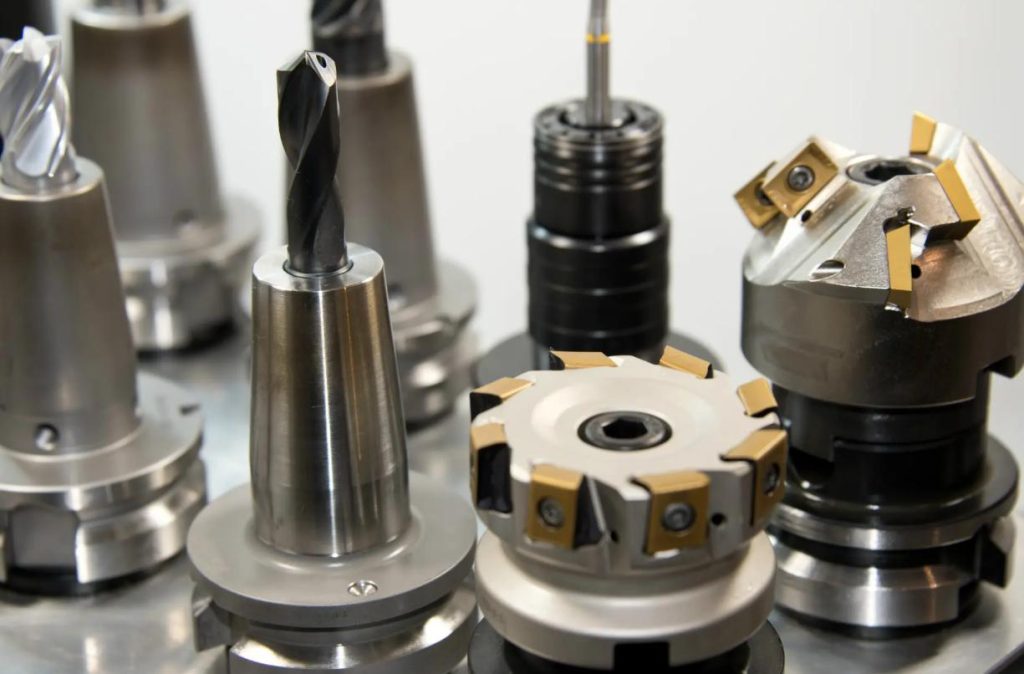
Tool Management
Proper tool management enhances machining efficiency and extends tool life. Key strategies include:
- Tool Wear Monitoring: Using sensors or software to detect wear and replace tools before they fail.
- Standardized Tooling: Employing versatile tools that reduce inventory complexity and costs.
- Tool Path Optimization: Reducing unnecessary movements to decrease wear and tear.
These measures not only lower tooling costs but also reduce downtime and improve overall production efficiency.
Energy Consumption Optimization
Energy costs contribute significantly to CNC machining expenses. Strategies to optimize energy consumption include:
- Idle Time Reduction: Automating shutdown or sleep modes during inactivity.
- Efficient Machining Parameters: Adjusting spindle speeds and feed rates for optimal energy usage.
- Energy-Efficient Machines: Investing in CNC equipment designed for low power consumption.
Case studies show that optimizing energy usage can lead to savings of up to 15% in operational costs while also supporting sustainability goals.
Focusing on material utilization, tool management, and energy optimization provides a comprehensive approach to cost control, enabling manufacturers to maintain high-quality output at competitive prices.
Choosing a Reliable CNC Machining Manufacturer
Selecting the right CNC machining manufacturer is crucial for achieving the desired quality, efficiency, and cost-effectiveness in automotive parts production. A reliable manufacturer should possess advanced technology, skilled personnel, and the ability to meet diverse requirements.

JTR Machinery: Your Trusted Partner in CNC Machining
JTR Machinery stands out as a premier CNC machining service provider, offering comprehensive solutions tailored to the automotive industry. Here’s what JTR Machinery can provide:
- State-of-the-Art Equipment: JTR Machinery utilizes cutting-edge CNC machines capable of handling complex geometries and tight tolerances with exceptional precision.
- Material Expertise: With experience in working with a wide range of materials, including aluminum, steel, titanium, plastics, and composites, JTR Machinery ensures the best material selection for each project.
- Custom Solutions: From prototyping to full-scale production, JTR Machinery offers flexible and customized services to meet specific client needs.
- Surface Treatment Options: JTR provides various surface treatments, such as anodizing, plating, and powder coating, ensuring enhanced performance and aesthetics of parts.
- Cost Efficiency: With optimized processes and a focus on material utilization, tool management, and energy efficiency, JTR delivers high-quality parts at competitive prices.
- Timely Delivery: JTR Machinery’s streamlined workflow and robust project management guarantee on-time delivery, even for tight deadlines.
Choosing a reliable CNC machining manufacturer like JTR Machinery ensures not only high-quality automotive parts but also a seamless production experience. With a commitment to precision, innovation, and customer satisfaction, JTR Machinery is the partner you can trust for all your CNC machining needs. Feel free to contact us.



